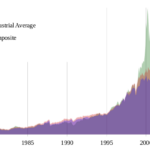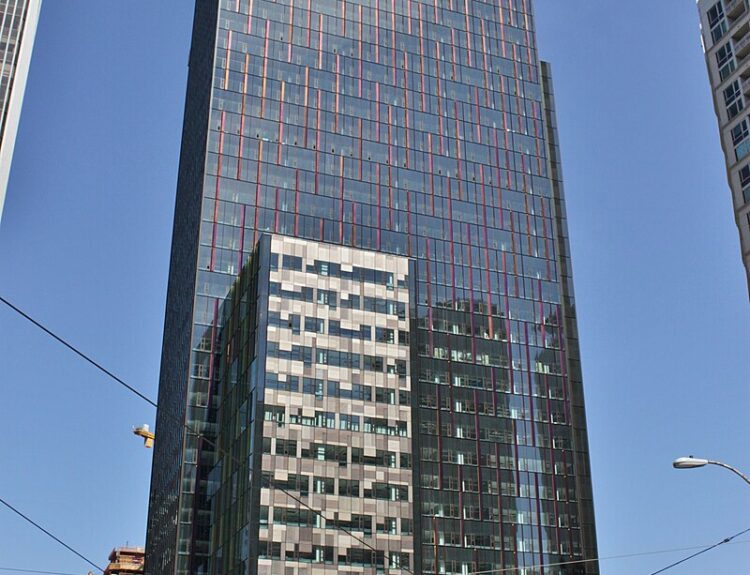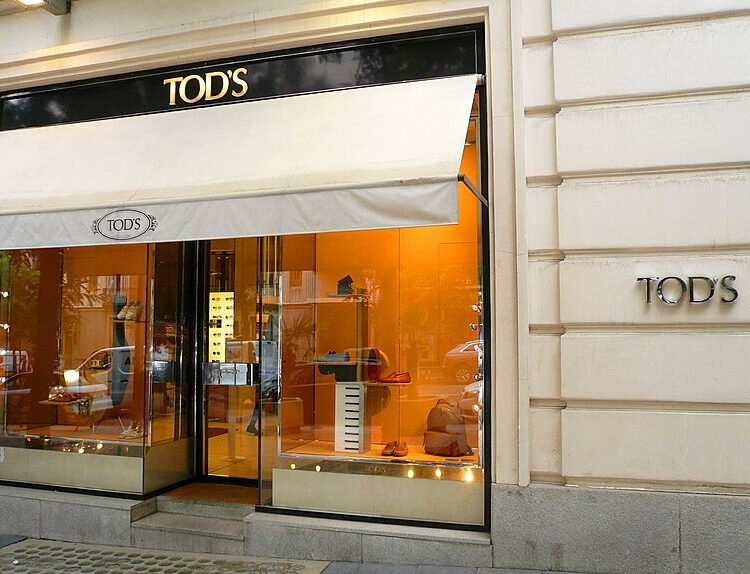Will the grocery giants’ merger lead to higher prices for consumers?
- Kroger and Albertsons are defending a $20 billion merger against FTC opposition.
- The FTC argues the merger could raise food prices and harm workers’ wages.
- Kroger claims the merger is necessary to compete with Walmart and Costco.
- The trial will assess the impact on competition in over 1,900 local markets.
- Kroger plans to sell 579 stores to C&S Wholesale Grocers to address FTC concerns.
Kroger and Albertsons are currently in court defending their proposed $20 billion merger, which is facing scrutiny from the Federal Trade Commission (FTC). The FTC argues that merging the two grocery giants would reduce competition, potentially leading to higher food prices and diminished wage growth for workers. The court in Oregon will deliberate over the next two weeks on whether to grant the FTC’s request to block the merger. nnThe FTC highlights that Kroger and Albertsons often compete directly in numerous local markets, which helps keep food prices in check. Kroger, however, contends that to effectively compete against larger rivals like Walmart and Costco, it needs to expand its operations. Currently, Kroger’s prices are reported to be 10% to 12% lower than those of Albertsons, and the company has pledged to invest $1 billion to lower prices at Albertsons stores if the merger goes through. nnAs food inflation has surged, both presidential candidates have criticized rising grocery prices, with Vice President Kamala Harris blaming supermarkets for corporate greed and former President Donald Trump attributing the issue to regulatory failures. The FTC’s attorney argued that blocking the merger is crucial for maintaining competition and preventing further price increases. nnKroger asserts that the merger would create a stronger national presence, allowing it to better compete with major players like Walmart and Amazon. The company argues that the FTC is overlooking the competitive landscape, which includes various grocery chains like Costco and Aldi. nnTo address FTC concerns, Kroger and Albertsons have agreed to divest 579 stores to C&S Wholesale Grocers, which aims to revitalize these locations. However, the FTC remains skeptical, citing C&S’s poor track record in managing stores. Additionally, the merger could weaken union workers’ bargaining power, according to the FTC. nnThe FTC is seeking a preliminary injunction to halt the merger, which could lead to a lengthy legal battle if granted. Kroger’s attorney emphasized that the merger’s future hinges on this court decision.·
Factuality Level: 7
Factuality Justification: The article provides a detailed account of the ongoing court case regarding the Kroger and Albertsons merger, presenting viewpoints from both the FTC and Kroger. While it includes some opinions and claims from both sides, it largely maintains a factual basis and does not appear to contain significant misinformation or sensationalism. However, the presence of competing narratives and some potential bias in the presentation of arguments slightly detracts from its overall objectivity.·
Noise Level: 7
Noise Justification: The article provides a detailed account of the ongoing legal battle between Kroger and Albertsons regarding their merger, including perspectives from both the FTC and the companies involved. It discusses the implications of the merger on competition, pricing, and labor, which are relevant and significant issues. However, while it presents various viewpoints, it could benefit from deeper analysis of long-term trends and potential solutions, which keeps it from achieving a higher score.·
Public Companies: Kroger (KR), Albertsons (ACI), Walmart (WMT), Costco (COST), Amazon.com (AMZN)
Private Companies: C&S Wholesale Grocers,Whole Foods,Trader Joe’s,Aldi,Lidl
Key People: Kamala Harris (Vice President), Donald Trump (Former President), Susan Musser (FTC attorney), Matthew Wolf (Kroger attorney), Laura Hall (FTC attorney), Adrienne Nelson (U.S. District Judge)
Financial Relevance: Yes
Financial Markets Impacted: The merger between Kroger and Albertsons could impact financial markets as it involves a $20 billion deal, and the outcome of the antitrust case could affect competition in the grocery industry, potentially influencing food prices and consumer behavior.
Financial Rating Justification: The article discusses a major merger between two large supermarket companies, Kroger and Albertsons, which is being contested by the Federal Trade Commission (FTC) on grounds that it may lead to higher prices for consumers and reduced competition. The outcome of this case could have implications for the grocery industry and potentially impact food inflation rates, affecting consumer spending patterns and company profits.
Presence Of Extreme Event: No
Nature Of Extreme Event: No
Impact Rating Of The Extreme Event: No
Extreme Rating Justification: The article discusses a legal case regarding a supermarket merger but does not report on any extreme event that occurred in the last 48 hours.·
Deal Size: The deal size mentioned in this article is $20 billion.
Move Size: No market move size mentioned.
Sector: Retail
Direction: Down
Magnitude: Large
Affected Instruments: Stocks
 www.wsj.com
www.wsj.com 





